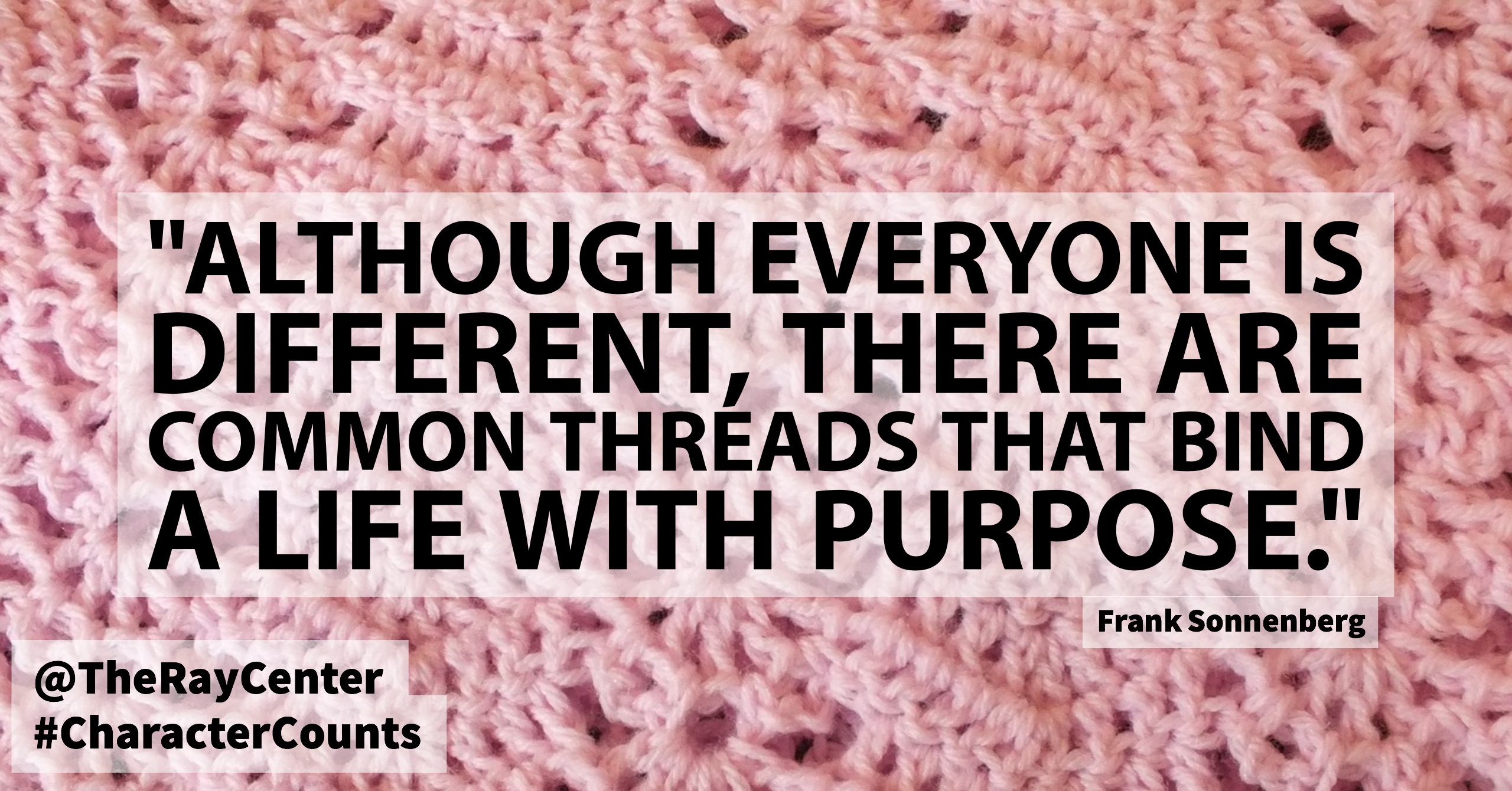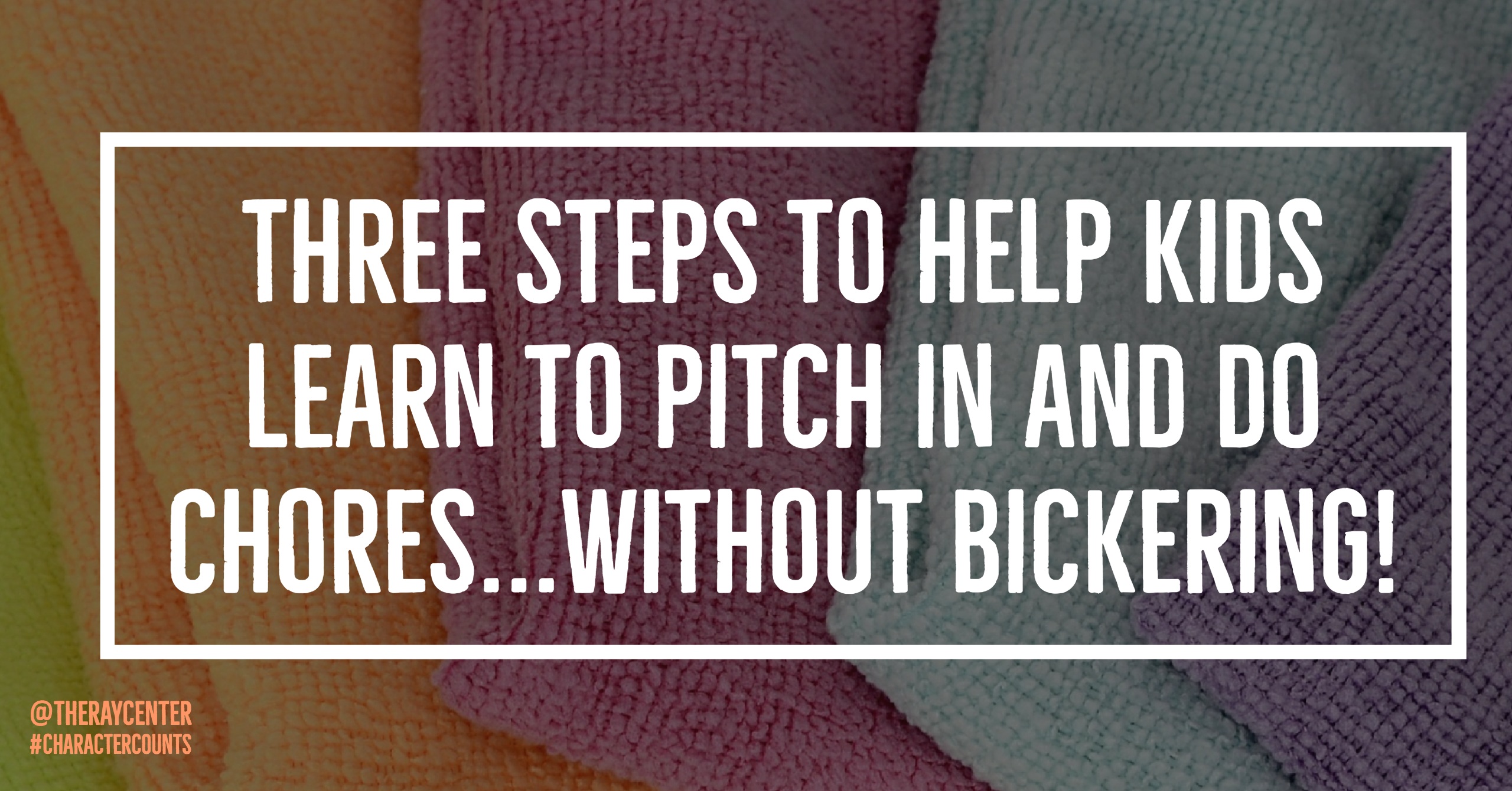Seven ways to live life with a purpose
From our guest contributor, Frank Sonnenberg
Some people measure success by the wealth they’ve accumulated, the power they’ve attained, or the status they’ve achieved. Yet, even though they’ve reached success beyond their wildest dreams, they still have an empty feeling — something is missing from their life. In order to fill that void and be completely fulfilled in life, their soul may be searching for something more.
Although everyone is different, there are common threads that bind a life with purpose.
1. Live by your beliefs and values. People who live a life of purpose have core beliefs and values that influence their decisions, shape their day-to-day actions, and determine their short- and long-term priorities. They place significant value on being a person of high integrity and in earning the trust and respect of others. The result is that they live with a clear conscience and spend more time listening to their inner voice than being influenced by others.
2. Set priorities. People who live a life of purpose identify those activities that matter most to them and spend the majority of their time and effort in those areas. Otherwise, it’s too easy to drift away in the currents of life. As Annie Dillard, the author, once said, “How we spend our days is, of course, how we spend our lives.”
3. Follow your passion. People who live a life of purpose wake up each morning eager to face the new day. They pursue their dreams with fervor, put their heart into everything they do, and feel that they’re personally making a difference. As James Dean, the actor, once said, “Dream as if you’ll live forever. Live as if you’ll die today.”
4. Achieve balance. People who live a life of purpose put their heart into their career and into building relationships with friends and family. They also reserve adequate time to satisfy their personal needs. Achieving balance means living up to one’s potential in all facets of life.
5. Feel content. People who live a life of purpose have an inner peace. They’re satisfied with what they have and who they are. To them, the grass is greener on their own side of the fence. As the saying goes, “The real measure of your wealth is how much you’d be worth if you lost all your money.”
6. Make a difference. People who live a life of purpose make a meaningful difference in someone else’s life. They do things for others without expectation of personal gain, serve as exemplary role models, and gain as much satisfaction witnessing the success of others as witnessing their own. As the old proverb says, “A candle loses nothing by lighting another candle.”
7. Live in the moment. People who live a life of purpose cherish every moment and seek to live life without regret. They take joy in the experiences that life gives and don’t worry about keeping score. Dr. Seuss may have said it best, “Don’t cry because it’s over. Smile because it happened.”
 Frank is an award-winning author. He has written five books and over 300 articles. Frank was recently named one of “America’s Top 100 Thought Leaders” and nominated as one of “America’s Most Influential Small Business Experts.” Frank has served on several boards and has consulted to some of the largest and most respected companies in the world. Additionally, FrankSonnenbergOnline was named among the “Best 21st Century Leadership Blogs” and among the “Top 100 Socially-Shared Leadership Blogs.” Frank’s new book, Follow Your Conscience, was released November 2014. © 2016 Frank Sonnenberg. All rights reserved.
Frank is an award-winning author. He has written five books and over 300 articles. Frank was recently named one of “America’s Top 100 Thought Leaders” and nominated as one of “America’s Most Influential Small Business Experts.” Frank has served on several boards and has consulted to some of the largest and most respected companies in the world. Additionally, FrankSonnenbergOnline was named among the “Best 21st Century Leadership Blogs” and among the “Top 100 Socially-Shared Leadership Blogs.” Frank’s new book, Follow Your Conscience, was released November 2014. © 2016 Frank Sonnenberg. All rights reserved.



